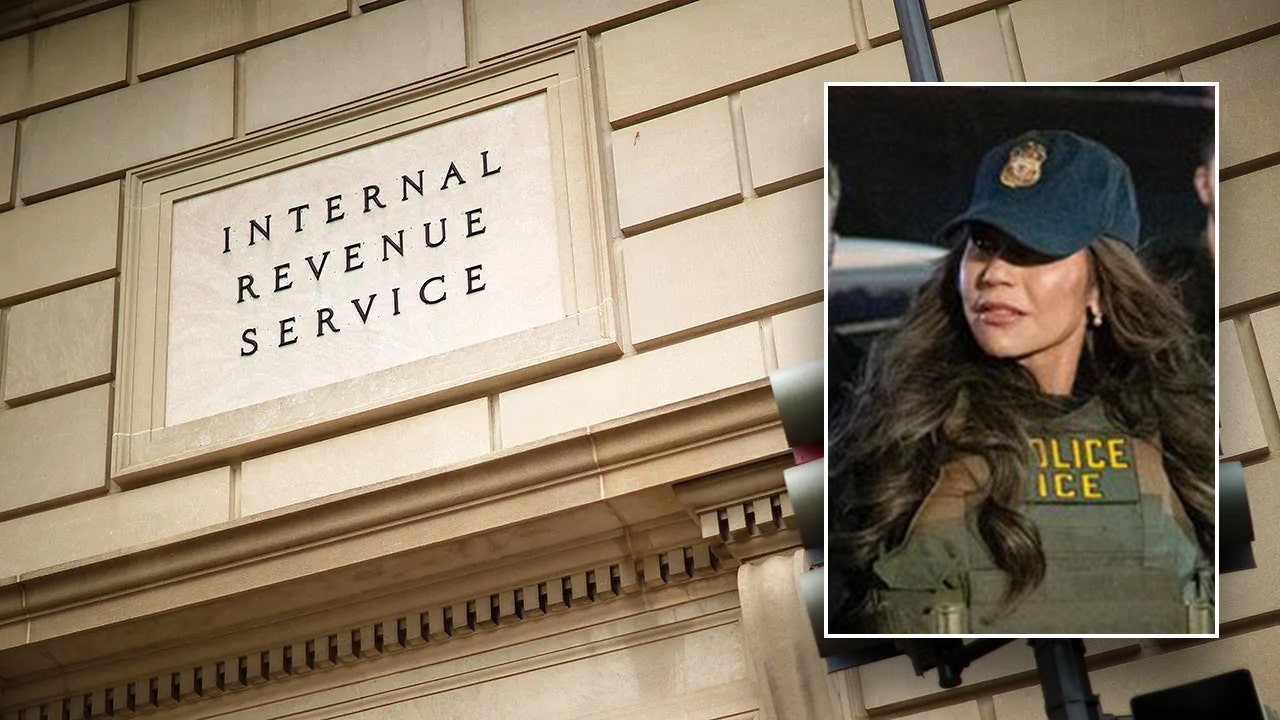United States
Trump’s Department of Homeland Security to deputize IRS agents for immigration enforcement

The Trump administration is considering a significant expansion of its immigration enforcement efforts by involving an unexpected agency: the Internal Revenue Service (IRS). According to a senior official at the Department of Homeland Security (DHS), the administration is seeking to deputize IRS agents to assist with immigration enforcement. This move is part of a broader push to supplement federal immigration authorities, particularly Immigration and Customs Enforcement (ICE), with additional personnel. DHS Secretary Kristi Noem recently sent a letter to Treasury Secretary Scott Bessent requesting that the IRS make some of its agents available for this purpose. The request underscores the administration’s efforts to enforce immigration laws more aggressively, particularly at the southern border.
Secretary Noem’s letter reflects President Donald Trump’s directive to DHS to “take all appropriate action to secure the southern border and enforce the immigration laws of the United States.” This includes deputizing federal employees to perform immigration-related functions, a step that highlights the administration’s willingness to repurpose government resources to address its immigration agenda. Noem noted that DHS has already partnered with other law enforcement entities, such as the Department of Justice, the Texas National Guard, and the Texas Attorney General’s Office, to support immigration enforcement. However, she emphasized that more assistance is needed to fully implement the administration’s goals. The IRS, with its recently expanded workforce and budget, is seen as a logical partner in this effort.
The request to the IRS is specific in nature. DHS is asking for IRS agents to assist ICE in interagency task forces that combine tax, immigration, and money laundering investigations. These agents would help build complex cases that require expertise in both financial crimes and immigration enforcement. Additionally, IRS personnel would be tasked with targeting employers who engage in unlawful hiring practices, investigating human trafficking and smuggling rings, seizing assets, overseeing contracts, and assisting with apprehensions, detentions, and removals of undocumented immigrants. By involving the IRS, the administration aims to leverage the agency’s investigative capabilities and resources to bolster its immigration enforcement efforts.
While the IRS is primarily known for its role in tax collection and enforcement, its criminal investigators also play a significant role in combating financial crimes, drug trafficking, and corruption. These investigators already work closely with other federal agencies on cases involving money laundering, fraud, and other illegal activities. By deputizing IRS agents, DHS and ICE hope to tap into this expertise to create a more comprehensive approach to immigration enforcement. The move also signals a shift in how the federal government is approaching immigration, with a growing emphasis on targeting the financial networks and businesses that facilitate illegal immigration.
The administration’s plan to involve the IRS in immigration enforcement has raised questions about the potential overlap between tax collection and immigration policing. Critics have expressed concerns about the blurring of lines between different federal agencies and the potential for overreach. Additionally, there are questions about whether IRS agents are adequately trained or equipped to handle immigration enforcement duties, which often involve detentions, apprehensions, and other law enforcement responsibilities. While DHS and the IRS have not yet commented on the specifics of the request, the proposal reflects the administration’s commitment to exploring unconventional strategies to address its immigration priorities.
In conclusion, the Trump administration’s proposal to deputize IRS agents for immigration enforcement represents a creative but controversial approach to addressing its immigration agenda. By leveraging the IRS’s investigative expertise and resources, DHS and ICE aim to create a more robust enforcement framework that targets both undocumented immigrants and the networks that support them. However, the plan also raises important questions about the role of federal agencies, the training of personnel, and the potential implications for privacy and civil liberties. As the proposal moves forward, it will likely remain a topic of debate, both within government circles and among the broader public.


















